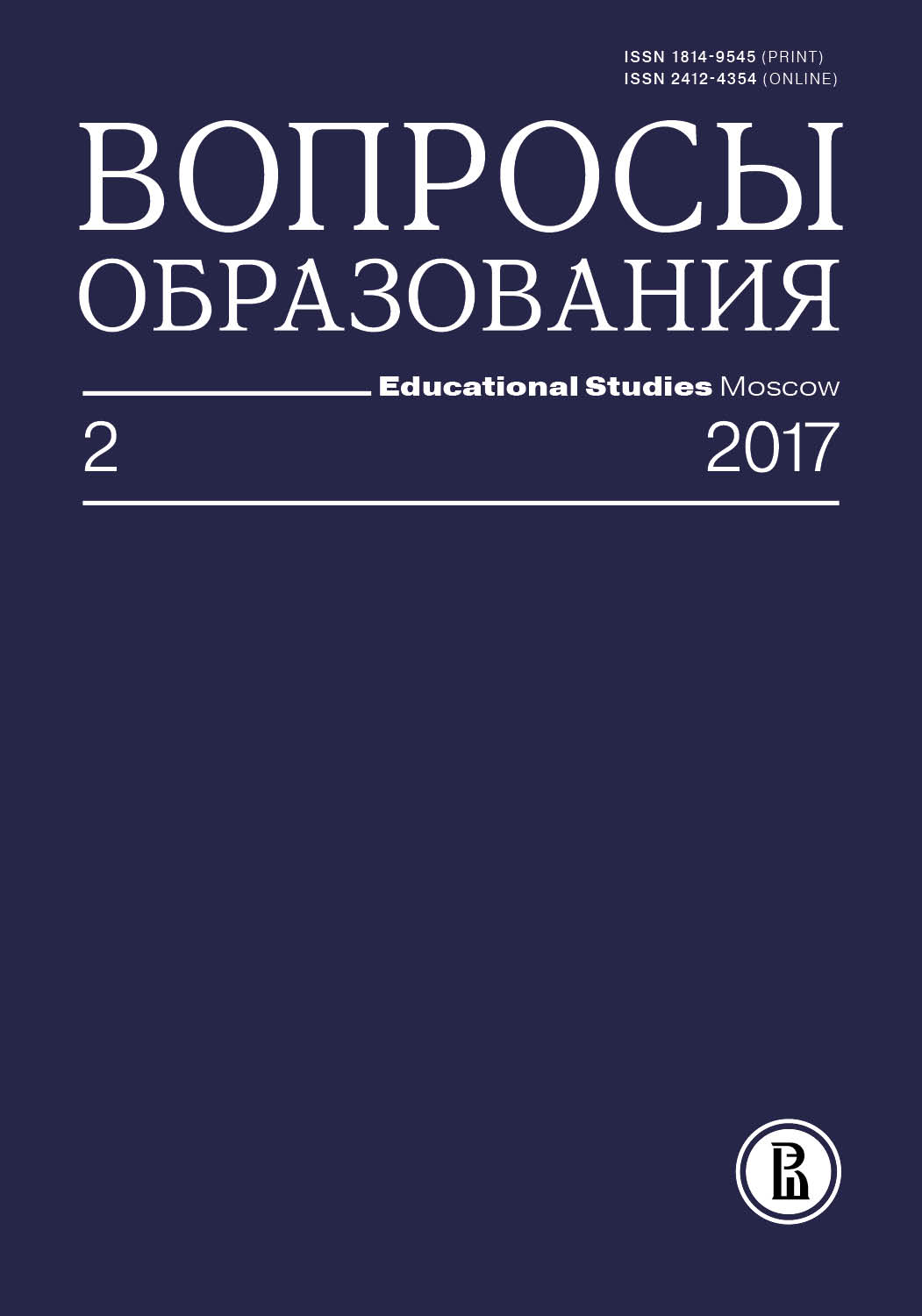Траектории личностного развития: реконструкция взглядов Л. С. Выготского
Аннотация
Обобщаются взгляды Л. С. Выготского на личность и личностное развитие. Проведенное теоретико-методологическое исследование позволило реконструировать неклассический подход Выготского к анализу личности. Центральной смысловой единицей его культурно-исторической теории выступает идея овладения человеком собственной психикой, через которую трактуется в том числе и личностное развитие. Процессы самосознания и рефлексии представляют собой результаты овладения человеком своей собственной природой, а личность являет собой «высший синтез» психических функций, имеющих культурно-историческую основу. Инвалидность в системе взглядов Выготского представляет собой одно из специфических условий («затрудненных условий»), при которых личностное развитие подчиняется законам нормального и осуществляется за счет механизмов компенсации и конструирования «обходных путей». Авторы приходят к выводу, что подход Выготского к анализу личности представляет собой неклассический вариант позитивного подхода в психологии.








